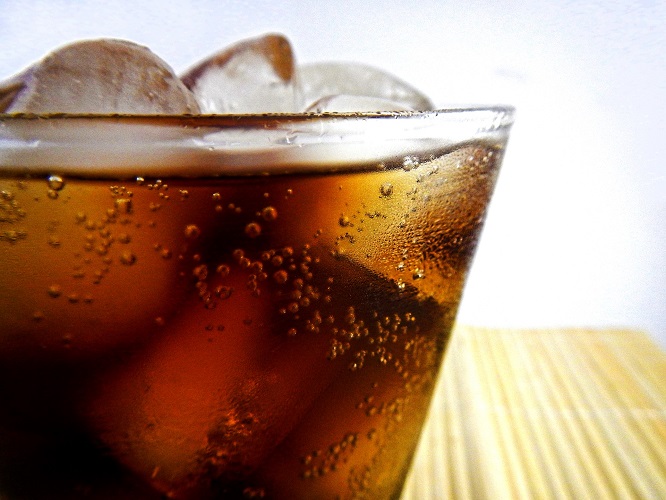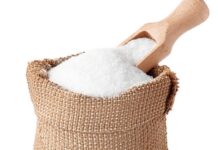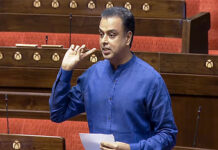The Department of Health proposed sought taxes on sugary drinks by 27% in Budget 2025, pointing to a sharp rise in energy drink sales and public health risks.
Officials argued the increase was necessary to match inflation and curb the growing consumption of drinks with high sugar and caffeine content.
In a submission to Finance Minister Jack Chambers, the department warned, “This raises public health concerns not just about sugar intake but also high levels of caffeine intake.”
The sugar tax currently brings in about €30 million per year and has been credited with reducing sugar consumption. “There is also evidence that four out of five leading soft drink brands now fall outside the tax,” the submission noted.
Despite these changes, sugary drink consumption rose from 30 million litres in 2020 to 40 million litres in 2023. Officials also highlighted that many retailers charge the same price for diet and regular drinks, weakening incentives for healthier choices.
However, Finance Minister Chambers chose not to increase the tax on sugary drinks. Instead, he announced a €1 increase in cigarette prices, maintaining a focus on traditional revenue sources.
Proposals to raise betting taxes, which could have generated €12 million to €25 million annually, were also rejected. Officials cited concerns from small bookmakers, who warned that more shops might close. At the same time, the shift toward online betting made it hard to assess the impact of higher taxes.
Alcohol taxes were left unchanged as well. Officials pointed out that Ireland already has some of the highest alcohol taxes in the European Union. The drinks and pub industry had pushed for tax cuts, saying rising costs, including higher wages and sick leave obligations, were hurting businesses.
Public health advocates criticized the decision not to raise alcohol taxes, arguing it undermined efforts to reduce harmful drinking habits. They pointed out that, with no general increase in duties in over a decade, the real value of alcohol taxes has fallen since 2013.
Officials also warned that cigarette price hikes might encourage black market sales. “Research shows increases in untaxed products being consumed,” the submission noted. Concerns were raised that further price hikes could push more consumers to buy cigarettes outside the legal tax system.
Despite pressure from health advocates and industry groups, Budget 2025 largely left tax rates unchanged, opting for limited adjustments while keeping a close watch on economic and public health trends.

















